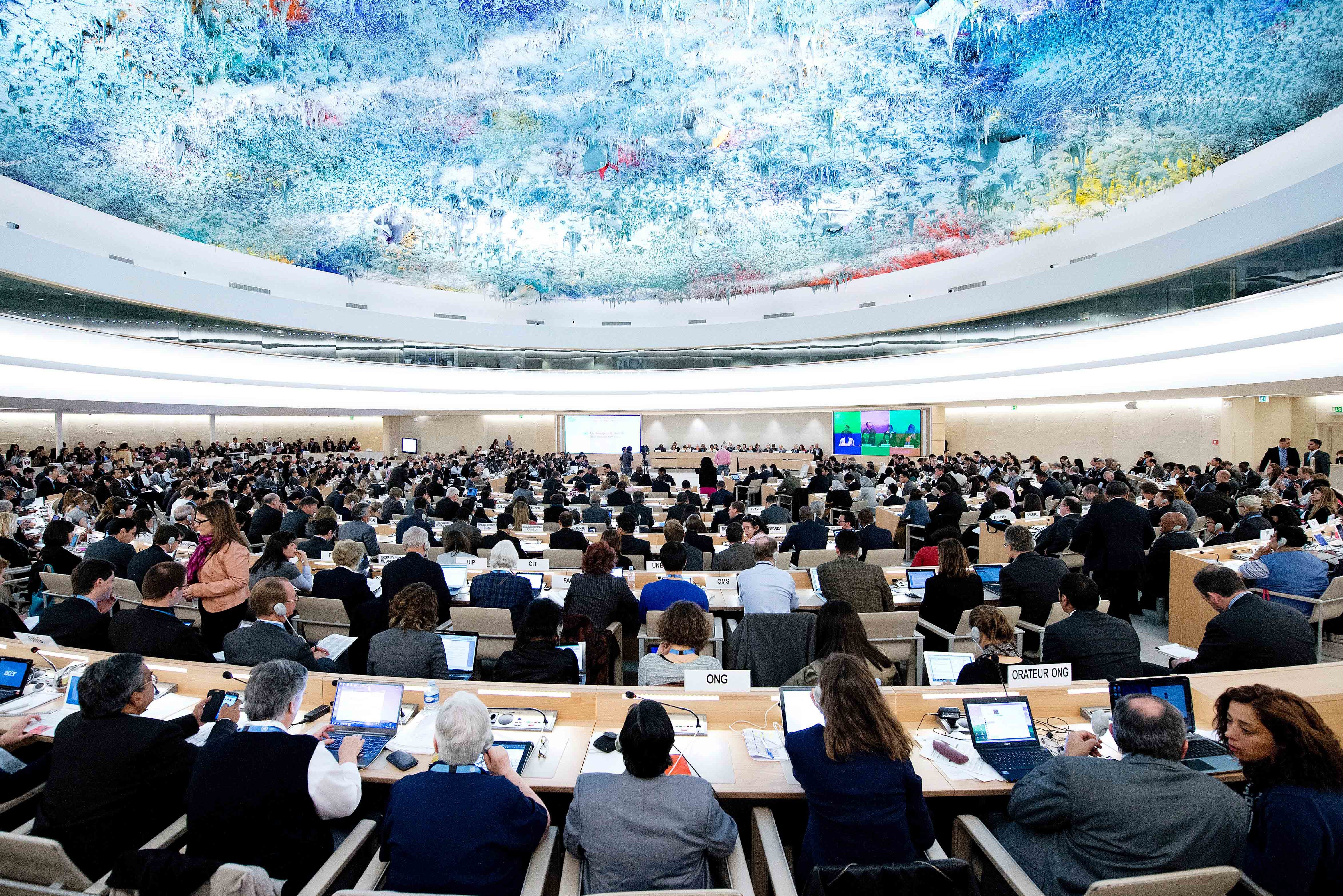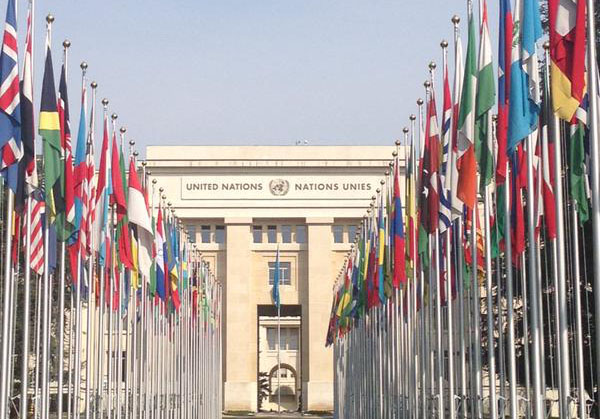
Jun 20, 2016 | Advocacy, Non-legal submissions
The ICJ prepared an oral statement on sexual and gender based violence, for the interactive dialogue with the UN Special Rapporteur on violence against women and the Working Group on the issue of discrimination against women in law and in practice.Although the statement could not ultimately be read out due to the limited time for civil society statements at the Human Rights Council, the text can be downloaded here (in PDF): HRC32-OralStatement-SRVAW-WGDAW-2016
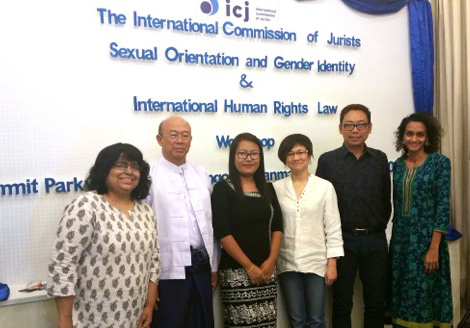
May 15, 2016 | News
The ICJ hosted a workshop on “Sexual Orientation and Gender Identity and International Human Rights Law” in Yangon on 14 and 15 May 2016.
The workshop was the first of its kind in Myanmar to bring together such a varied group of people to discuss the topic of Sexual Orientation and Gender Identity (SOGI) and international human rights law.
The event drew together a diverse group, including more than 50 lawyers from different parts of Myanmar, along with lesbian, gay, transgender, bisexual, inter-sex and queer (LGBTI) activists, members of the Myanmar National Human Rights Commission, and regional academics and lawyers and international experts.
Myanmar-SOGI workshop-News-Web Story-2016-ENG (full story in PDF)
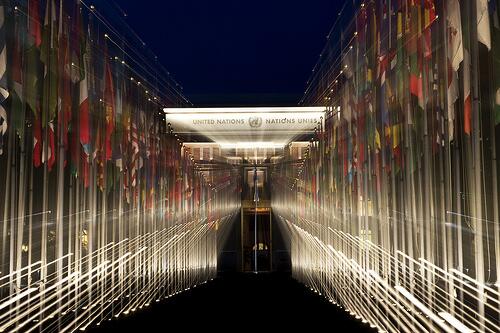
Mar 23, 2016 | Advocacy, Non-legal submissions
Today, the ICJ made a submission to the Human Rights Council’s Working Group on the Universal Periodic Review in advance of the Human Rights Council’s review of Uganda in October/November 2016.
In its submission, the ICJ expressed concern about the detrimental impact of the adoption and enforcement of the Anti-Homosexuality Act, 2014; the effect of pre-existing and extant criminalization of consensual same-sex sexual conduct; and the introduction of the Prohibition of Promotion of Unnatural Sexual Practices Bill, on the respect for and the protection and realization of human rights in Uganda.
A copy of the submission can be found here:
Uganda-ICJ CESCR submission-Advocacy-non legal submission-2015-ENG (full text in PDF)
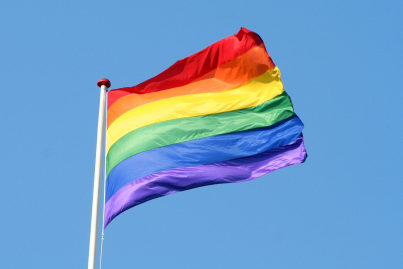
Feb 3, 2016 | News
Yesterday’s decision of the Indian Supreme Court to refer to a larger bench of the same Court the petition challenging Section 377 of the Indian Penal Code (IPC), offers the opportunity to undo the appalling 2013 judgment of a two-judge bench of the SC in the Suresh Koushal case, says the ICJ.
“This order of the Supreme Court is a crucial opportunity to undo the injustice of the Suresh Koushal decision,” said Sam Zarifi, ICJ’s Asia Director. “It is an important test of the Supreme Court’s commitment to equality and ending discrimination against people on the basis of sexual orientation or gender identity.”
After the December 2013 Suresh Koushal decision – when the Supreme Court upheld the constitutionality of section 377 and reversed the Delhi High Court’s courageous and much celebrated decision – the petitioners filed a review petition, which was dismissed.
The petitioners then filed “curative petitions” in 2014, stating that the Supreme Court’s judgment of December 2013 violated principles of natural justice for several reasons. A “curative petition” allows the Supreme Court to re-assess its previous decisions on limited grounds, even after appeals and reviews have concluded.
Yesterday the Supreme Court referred the curative petition, and the major constitutional questions it raised, to a five-judge bench of the same Court, thus acknowledging doubts about the correctness of its 2013 ruling. A five-judge bench will now be set up to hear this challenge.
“The referral highlights the Supreme Court’s recognition of the need for a judicial response to the ongoing discrimination against people on the basis of sexual orientation and gender identity,” Zarifi said.
“After 16 years within the court process, this issue clearly could not be resolved with the highly problematic Suresh Koushal decision, which ignored the reality of consensual same sex behavior in India and the fact that Section 377 criminalizes people for who they are and leads directly to serious human rights violations.”
By criminalizing consensual same-sex adult sexual conduct, Section 377 is inconsistent with India’s obligations under international human rights law, including in respect of the rights to sexual autonomy, equality, non-discrimination, privacy, dignity, free expression, and life.
Many of these rights are guaranteed in India’s Constitution.
India is also a party to several international instruments, which require that these rights be respected, protected and fulfilled.
The Yogyakarta Principles – which apply international human rights law to issues of sexual orientation and gender identity – clarify that the rights to equality, non-discrimination and privacy require states to “repeal all laws that criminalize consensual sexual activity among persons of the same sex who are over the age of consent.”
The Supreme Court referred to these principles in the 2014 National Legal Services Authority v Union of India (NALSA) case where it also acknowledged that Section 377 was “used as an instrument of harassment and physical abuse against Hijras and transgender persons”.
“Yesterday’s decision offers hope that the Supreme Court intends to reaffirm the principle that people in India cannot be subjected to discrimination, harassment and violence, simply on the basis of their sexual orientation or gender identity,” Zarifi said.
Background
Section 377 makes it an offence to “voluntarily ha[ve] carnal intercourse against the order of nature with any man, woman or animal” and has been used to persecute people for their real or purported engagement in consensual same-sex sexual conduct. The penalty can extend to life imprisonment.
Several reports document how Section 377 has been a tool for discrimination, blackmail, extortion, and violence by state and non-state actors against the LGBTI community.
It has adversely affected HIV/AIDS prevention efforts, and has also reinforced harmful social stereotypes and taboos against sexual minorities.
The petitioners in the original challenge against section 377 have waged this legal battle for over a decade. The constitutional challenge against Section 377 was filed in 2001.
In 2009, in Naz Foundation v. Government of NCT of Delhi and Others, the Delhi High Court held that Section 377 denied “a person’s dignity and criminalises his or her core identity solely on account of his or her sexuality”.
It went on to find that this criminalization of identity denied “a gay person a right to full personhood which is implicit” in the notion of life under Article 21 of the Indian Constitution, and also violated the constitutional right to equality and non-discrimination. The High Court held that Section 377 was unconstitutional insofar as it criminalized consensual same-sex sexual conduct.
However, its judgment was appealed to the Supreme Court.
On appeal, in 2013 the Supreme Court reversed the decision of the Delhi High Court, holding the section to be constitutional.
The Supreme Court also affirmed that legislature would “be free to consider the desirability and propriety of deleting Section 377 IPC from the statute book or amend the same as per the suggestion made by the Attorney General”.
